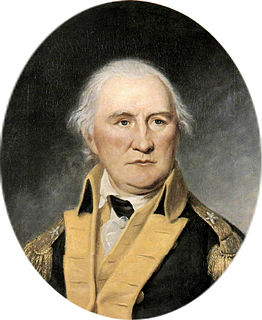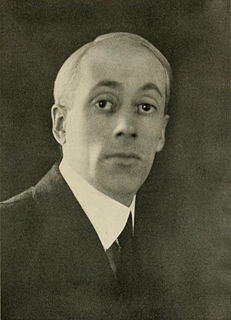A Quote by John Dryden
He who trusts a secret to his servant makes his own man his master.
Related Quotes
Some would define a servant like this: 'A servant is one who finds out what his master wants him to do, and then he does it.' The human concept of a servant is that a servant goes to the master and says, 'Master, what do you want me to do?' The master tells him, and the servant goes off BY HIMSELF and does it. That is not the biblical concept of a servant of God. Being a servant of God is different from being a servant of a human master. A servant of a human master works FOR his master. God, however, works THROUGH His servants.
The real master is only a presence. He has no intentions of being a master. His presence is his teaching. His love is his message. Every gesture of his hand is pointing to the moon. And this whole thing is not being done, it is a happening. The master is not a doer. He has learned the greatest secret of life: let-go. The master has drowned his ego and the idea of separation from existence itself.
The most dangerous man in the world is the contemplative who is guided by nobody. He trusts his own visions. He obeys the attractions of an interior voice but will not listen to other men. He identifies the will of God with anything that makes him feel, within his own heart, a big, warm, sweet interior glow. The sweeter and the warmer the feeling is, the more he is convinced of his own infallibility.
The master in the art of living makes little distinction between his work and his play, his labor and his leisure, his mind and his body, his information and his recreation, his love and his religion. He hardly knows which is which. He simply pursues his vision of excellence at whatever he does, leaving others to decide whether he is working or playing. To him he's always doing both.
Strange is the vigour in a brave man's soul. The strength of his spirit and his irresistible power, the greatness of his heart and the height of his condition, his mighty confidence and contempt of danger, his true security and repose in himself, his liberty to dare and do what he pleaseth, his alacrity in the midst of fears, his invincible temper, are advantages which make him master of fortune.
Man's knowledge of science has clearly outstripped his knowledge of man. Our only hope of making the atom servant rather than master lies in education, in a broad liberal education where each student within his capacity can free himself from trammels of dogmatic prejudice and apply his educational accoutrement to besetting social and human problems.
In His discourses, His miracles, His parables, His sufferings, His resurrection, He gradually raises the pedestal of His humanity before the world, but under a cover, until the shaft reaches from the grave to the heavens, whenHe lifts the curtain, and displays the figure of a man on a throne, for the worship of the universe; and clothing His church with His own power, He authorizes it to baptize and to preach remission of sins in His own name.





































